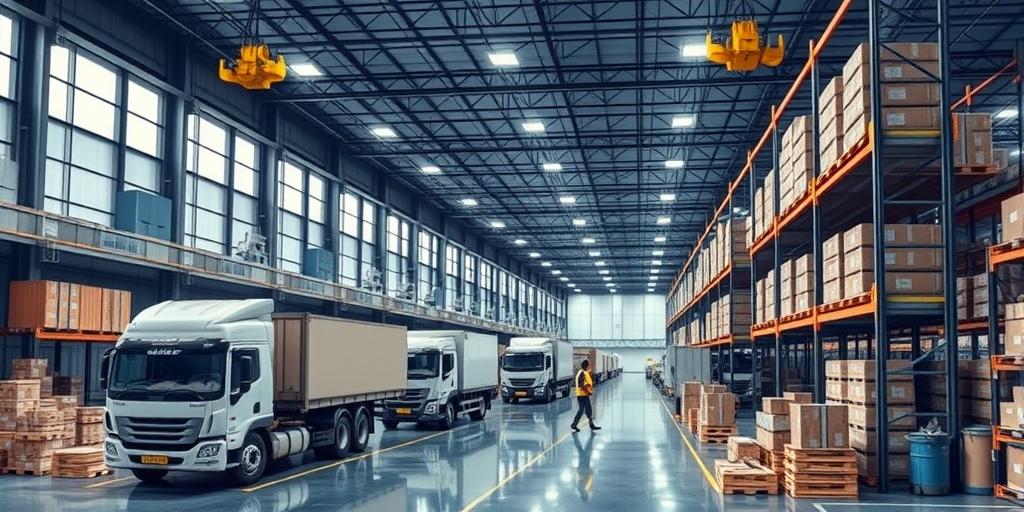Logistics and warehousing form the backbone of both India’s domestic economy and its role in global trade. Efficient logistics and modern warehousing infrastructure are essential for reducing costs, improving delivery times, and enhancing competitiveness. This article explores the critical importance of logistics and warehousing for India and its impact on world trade.
The Importance of Logistics
Logistics encompasses the planning, execution, and control of the movement and storage of goods and materials from the point of origin to the point of consumption. Effective logistics management ensures that products are delivered to the right place, at the right time, and in the right condition. For India, a country with a vast and diverse geography, efficient logistics is crucial for connecting producers to consumers across different regions. It also plays a vital role in facilitating international trade by enabling the smooth movement of goods between India and other countries.
Warehousing: A Key Component of Logistics
Warehousing involves the storage and handling of goods in a systematic and organized manner. Modern warehouses are equipped with advanced technologies and infrastructure to optimize storage space, streamline inventory management, and ensure the safety and security of products. In India, the warehousing sector has been undergoing significant transformation with the increasing adoption of automation, digitization, and sustainable practices. These advancements have led to improved efficiency, reduced wastage, and enhanced customer satisfaction.
Impact on India’s Economy
Efficient logistics and warehousing have a profound impact on India’s economy. By reducing transportation costs and improving delivery times, logistics enables businesses to operate more efficiently and competitively. This, in turn, leads to increased productivity, higher profits, and greater economic growth. Furthermore, modern warehousing infrastructure supports the growth of various industries, including manufacturing, retail, e-commerce, and agriculture. It also creates employment opportunities and contributes to the overall development of the country.
Role in World Trade
Logistics and warehousing play a pivotal role in facilitating India’s participation in world trade. By enabling the efficient movement of goods between India and other countries, logistics reduces trade barriers and promotes international commerce. Modern warehousing infrastructure ensures that products are stored and handled in accordance with international standards, which is essential for maintaining the quality and safety of goods. Additionally, logistics and warehousing support the growth of India’s export sector by enabling businesses to reach new markets and customers around the world.
Challenges and Opportunities
Despite the significant progress made in recent years, India’s logistics and warehousing sector still faces several challenges. These include inadequate infrastructure, high transportation costs, complex regulatory procedures, and a shortage of skilled manpower. However, the government has been taking proactive measures to address these challenges and promote the growth of the sector. These include investments in infrastructure development, simplification of regulatory procedures, promotion of digitization and automation, and skill development initiatives.
Conclusion
Logistics and warehousing are critical infrastructure for India’s economy and its participation in world trade. By enabling the efficient movement and storage of goods, logistics and warehousing reduce costs, improve delivery times, and enhance competitiveness. While the sector still faces several challenges, the government is committed to addressing these issues and promoting the growth of the sector. With continued investments in infrastructure, technology, and skills development, India can transform its logistics and warehousing sector into a world-class industry that drives economic growth and facilitates international trade.
